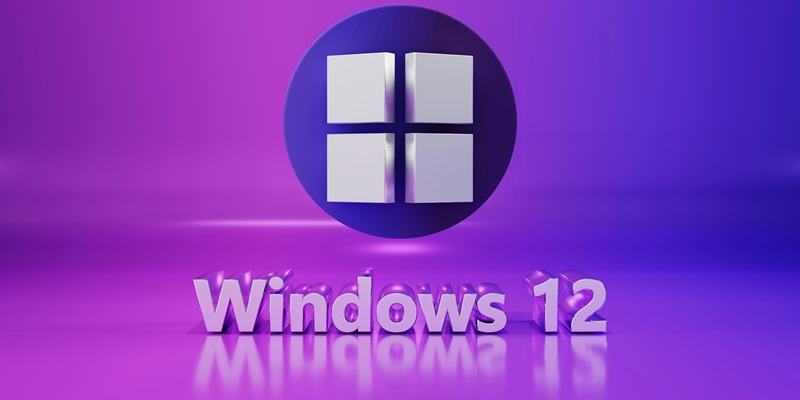In today’s tech scene, dominated by Android and iOS, the notion of alternative mobile systems still stirs excitement. Microsoft’s journey into mobile with Windows 10 Mobile waned against rivals, yet the prospect of a Windows revival stokes the tech community’s imagination. AR 4789, a designer treasured for their Microsoft OS renditions, crafts an intriguing concept: Windows 12 Mobile.
Slated for a hypothetical 2024 release, this imaginative mockup eschews the iconic Windows Phone live tiles for a refined, new-age design. Borrowing from the familiar desktop environment, it sports a Start button and teases a “Copilot” function—perhaps a refined assistant designed to enhance user engagement. This hypothetical interface strives for seamless user interaction, marrying modern smartphone elegance with an unmistakable Windows essence.
A Glimpse into the Future
The imaginative Windows 12 Mobile design by AR 4789 offers a glimpse into a potential future for Microsoft’s mobile operating system, integrating beloved OS features with new enhancements. A reimagined mobile-friendly Microsoft Edge browser and the capacity to pin favorite apps for productivity mirror the desktop experience, bringing a touch of familiarity to the mobile platform.
While AR 4789’s conception is intriguing, it remains a speculative notion, as Microsoft has not disclosed plans to re-enter the mobile OS market. Still, such conceptualizations ignite discussions on the evolution of mobile interfaces and the possibilities within a domain dominated by iOS and Android. The idea of a Windows-powered mobile OS re-emergence stimulates curiosity and debate among tech enthusiasts, even though it exists only in the hypothetical realm. For the time being, Windows 12 Mobile is an exciting concept that encourages us to envision the future of mobile computing while acknowledging its current landscape.

